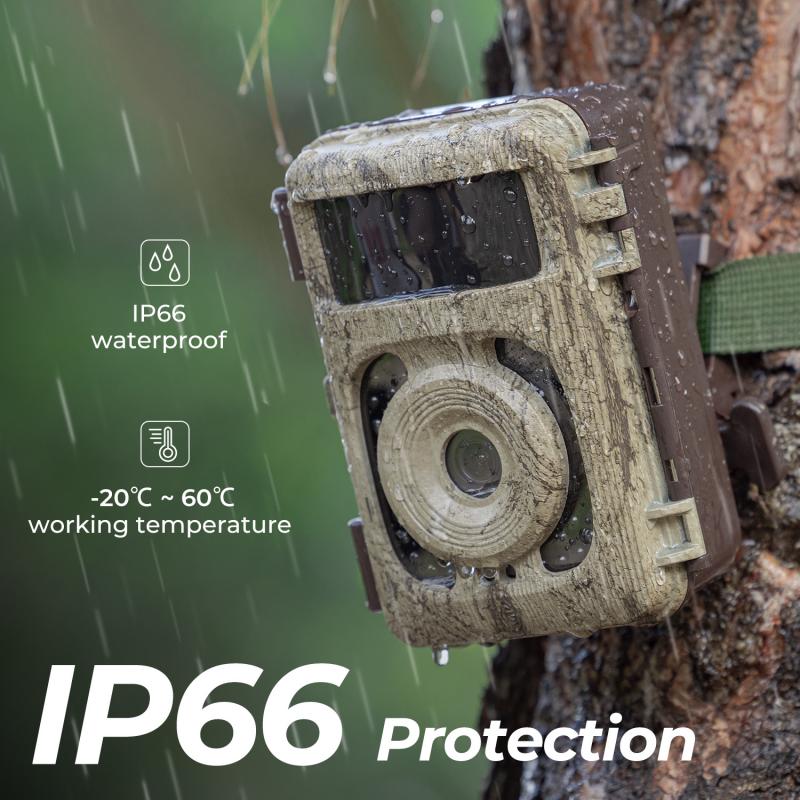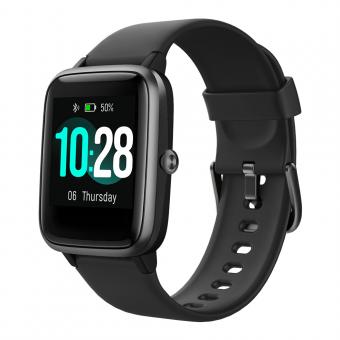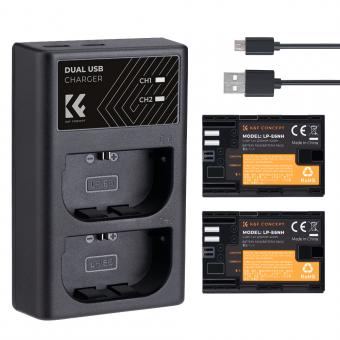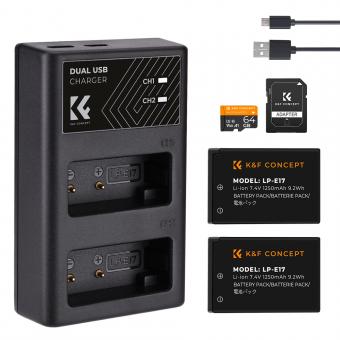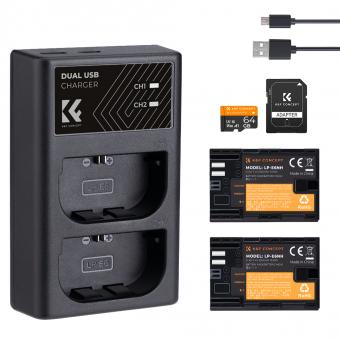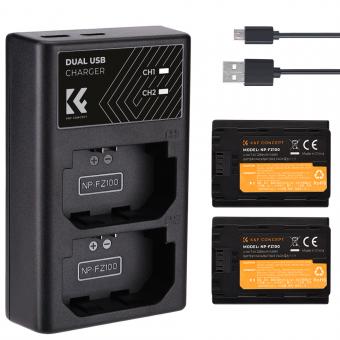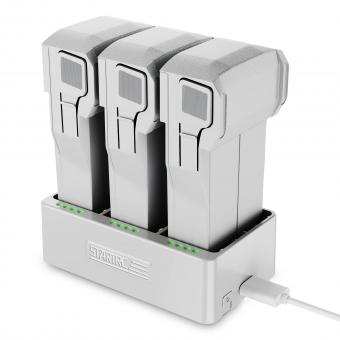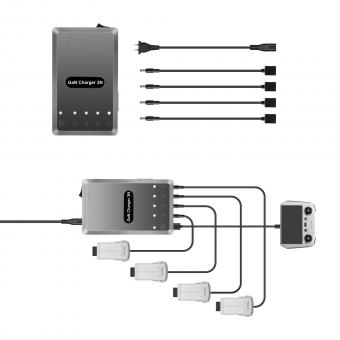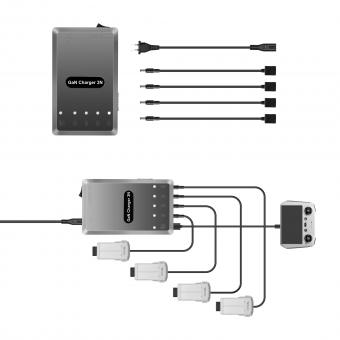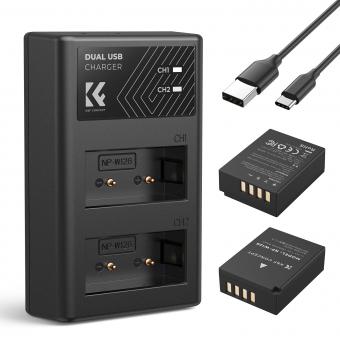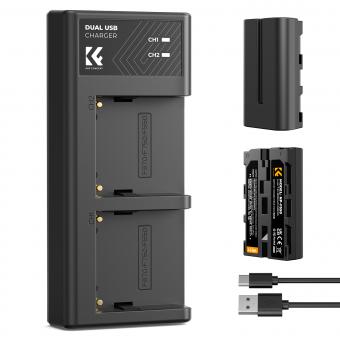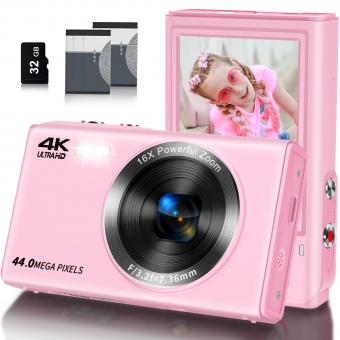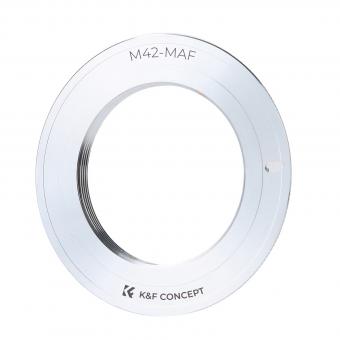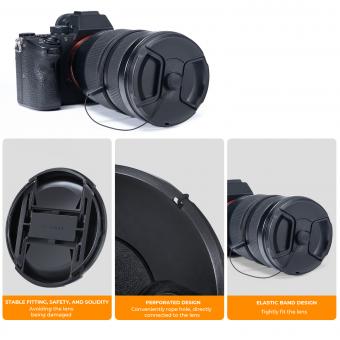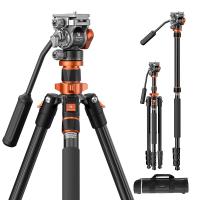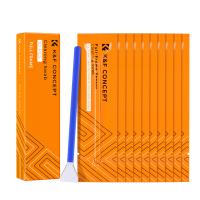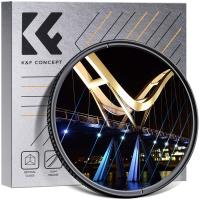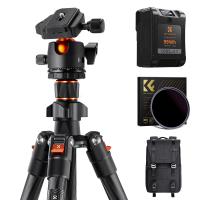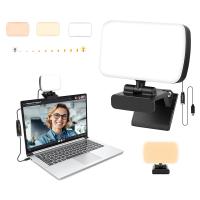Can You Take Batteries In Hand Luggage ?
Yes, you can generally take batteries in your hand luggage. However, there are some restrictions and guidelines to follow. It is recommended to carry batteries in their original packaging or in a protective case to prevent short circuits. Lithium batteries, such as those used in laptops or cameras, are subject to specific rules due to their potential fire risk. Spare lithium batteries with a capacity of up to 100 watt-hours (Wh) are usually allowed in hand luggage, while those between 100 and 160 Wh may require airline approval. It is advisable to check with your airline for any specific regulations or restrictions regarding battery types and quantities allowed in hand luggage.
1、 Airline Regulations: Battery Restrictions in Hand Luggage
According to current airline regulations, you can generally take batteries in your hand luggage. However, there are some restrictions and guidelines that you should be aware of to ensure a smooth and hassle-free travel experience.
Most airlines allow passengers to carry common types of batteries, such as AA, AAA, and rechargeable lithium-ion batteries, in their hand luggage. These batteries are typically used in everyday devices like cameras, laptops, and smartphones. It is important to note that loose batteries should be properly protected to prevent short circuits. Placing them in their original packaging or using a battery case is recommended.
However, there are certain restrictions on larger batteries, such as spare lithium-ion batteries with a capacity exceeding 100 watt-hours (Wh) or lithium metal batteries exceeding 2 grams. These batteries are considered as "dangerous goods" due to their potential fire risk. In most cases, you will need to seek approval from the airline and follow specific packaging and labeling requirements if you wish to carry these batteries in your hand luggage.
It is always advisable to check with your specific airline before traveling, as regulations may vary. Some airlines may have additional restrictions or requirements, especially for flights to certain destinations. It is also worth noting that regulations can change over time, so it is important to stay updated with the latest guidelines.
In conclusion, while you can generally take batteries in your hand luggage, it is important to be aware of the specific regulations and restrictions imposed by your airline. By following these guidelines, you can ensure a safe and hassle-free journey.
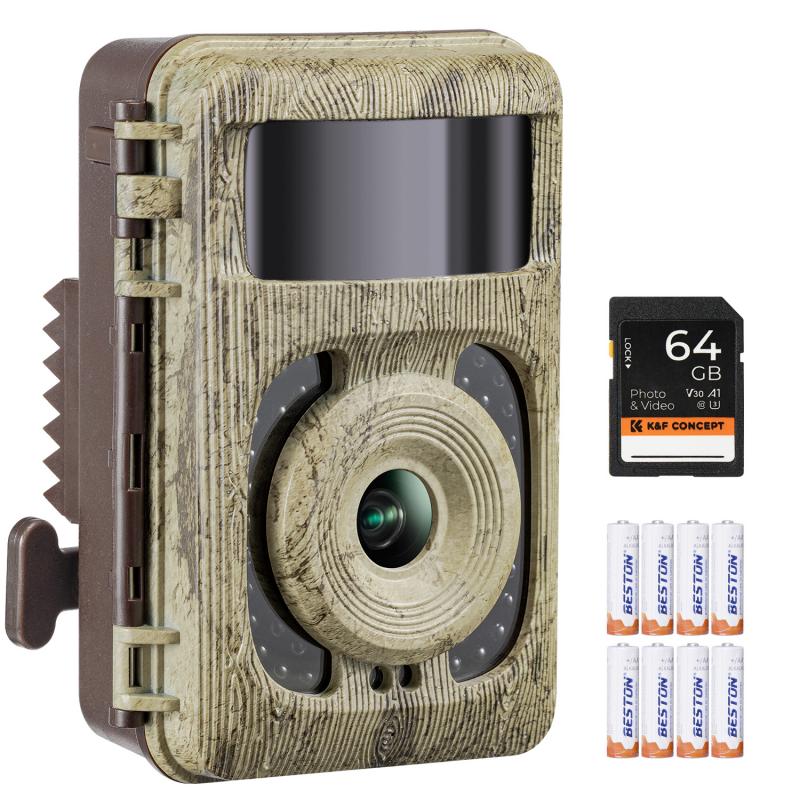
2、 Lithium Batteries: Hand Luggage Policies and Safety Guidelines
Yes, you can generally take batteries in your hand luggage, including lithium batteries. However, there are certain policies and safety guidelines that you need to be aware of.
According to the latest regulations, lithium batteries are allowed in both carry-on and checked baggage. However, there are some restrictions and safety precautions that you should follow. It is recommended to carry spare batteries in your carry-on luggage rather than checked baggage, as they are subject to stricter regulations in the cargo hold.
When carrying lithium batteries in your hand luggage, it is important to ensure that they are properly protected to prevent short circuits. This can be done by placing them in their original packaging, covering the terminals with tape, or placing them in individual plastic bags. It is also advisable to keep the batteries in your carry-on bag rather than loose in your pockets or purse.
It is worth noting that there are limitations on the size and quantity of lithium batteries that you can carry. Most airlines have restrictions on the watt-hour rating of lithium batteries, typically limiting them to 100 watt-hours per battery. If you are carrying spare batteries, it is recommended to check with your airline beforehand to ensure compliance with their specific regulations.
Additionally, it is important to be aware of any specific regulations or restrictions imposed by the country you are traveling to or from. Some countries may have stricter rules regarding lithium batteries, so it is always a good idea to check with the relevant authorities or your airline for the most up-to-date information.
In conclusion, you can generally take batteries, including lithium batteries, in your hand luggage. However, it is important to follow the recommended safety guidelines and be aware of any specific regulations imposed by airlines or countries you are traveling to.

3、 TSA Guidelines: Carrying Batteries in Hand Luggage
According to the TSA guidelines, passengers are generally allowed to bring batteries in their hand luggage. However, there are certain restrictions and precautions that need to be followed to ensure safety during air travel.
The TSA allows passengers to bring common types of batteries, such as AA, AAA, C, and D batteries, in their carry-on bags. These batteries are typically used in everyday devices like flashlights, cameras, and remote controls. Lithium-ion batteries, commonly found in laptops, smartphones, and other electronic devices, are also permitted in hand luggage.
However, there are limitations on the size and quantity of batteries that can be carried. Spare batteries must be individually protected to prevent short circuits, which can be done by placing them in their original packaging, a battery case, or taping the terminals. If loose batteries come into contact with metal objects, such as keys or coins, it can cause a fire hazard.
It is important to note that there are restrictions on larger lithium-ion batteries, such as those used in portable power banks or external battery chargers. These batteries are limited to a maximum capacity of 100 watt-hours (Wh) per battery. Passengers are allowed to carry up to two spare batteries with a capacity between 100 and 160 watt-hours, but they must receive airline approval before boarding.
It is always recommended to check with the airline before traveling to ensure compliance with their specific regulations. Additionally, it is advisable to keep batteries in your carry-on luggage rather than checked baggage, as the temperature and pressure conditions in the cargo hold can affect battery performance and safety.
As regulations and guidelines may change periodically, it is essential to stay updated with the latest information from the TSA or relevant authorities to ensure a smooth and hassle-free travel experience.
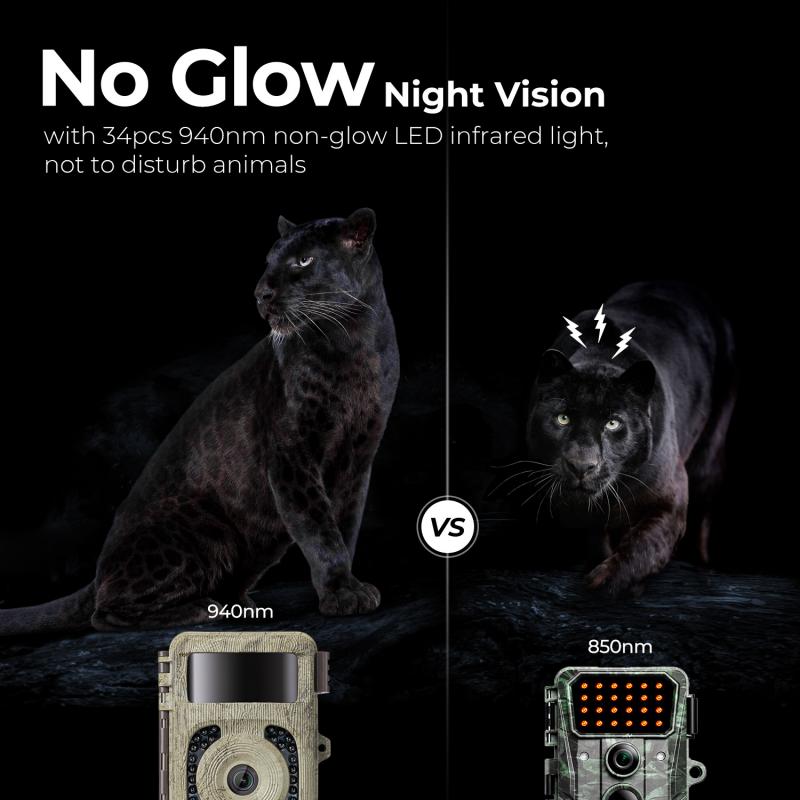
4、 International Travel: Hand Luggage Rules for Batteries
Yes, you can generally take batteries in your hand luggage when traveling internationally. However, there are some rules and regulations that you need to be aware of to ensure a smooth and hassle-free journey.
The International Civil Aviation Organization (ICAO) and the International Air Transport Association (IATA) have set guidelines for carrying batteries on airplanes. Lithium-ion batteries, which are commonly used in electronic devices such as laptops, smartphones, and cameras, are subject to specific rules due to their potential fire risk.
According to the latest regulations, spare lithium-ion batteries with a capacity of up to 100 watt-hours (Wh) are allowed in carry-on luggage. This includes most consumer electronic devices. However, batteries with a capacity exceeding 100 Wh are generally prohibited in both carry-on and checked baggage, unless prior approval is obtained from the airline.
It is important to note that loose lithium-ion batteries are not allowed in checked baggage. They must be carried in your carry-on luggage, preferably in their original packaging or in a protective case to prevent short-circuiting.
When going through security, you may be required to remove larger batteries, such as those used in laptops, from your bag and place them separately in a tray for screening. It is always a good idea to check with your airline or the relevant authorities before your trip to ensure you are up to date with the latest regulations.
In summary, while you can generally take batteries in your hand luggage when traveling internationally, it is crucial to be aware of the specific rules and regulations regarding lithium-ion batteries. By following these guidelines, you can ensure a smooth and hassle-free journey.
